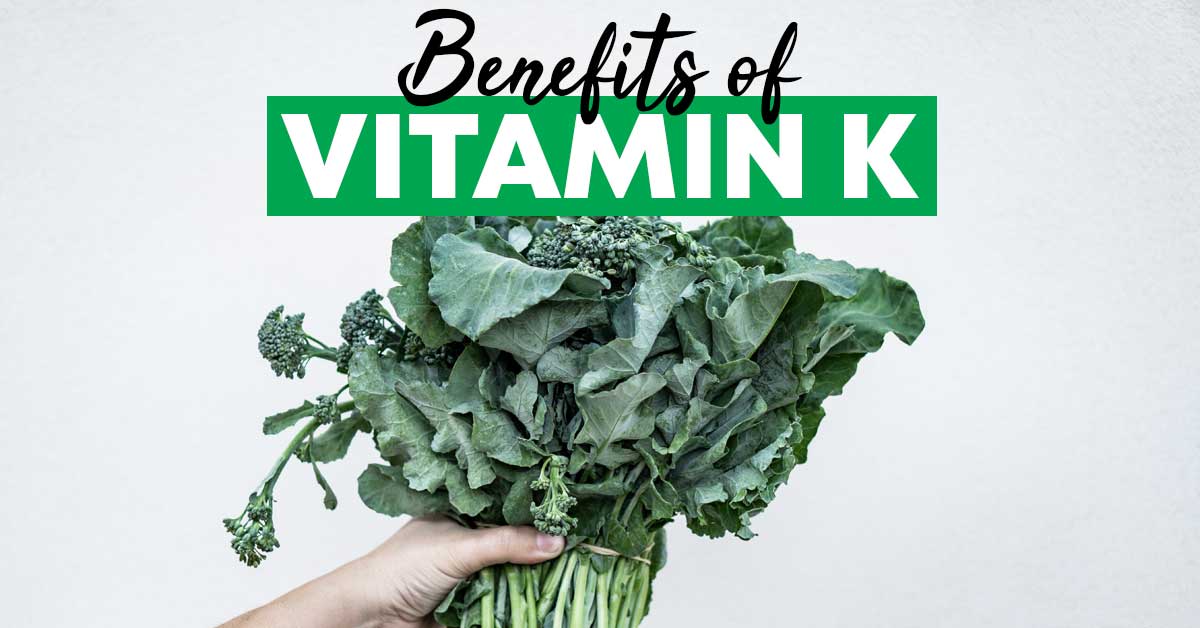Vitamins A, B, C, and D get plenty of attention for good reason: they are part of the foundation of healthy eating habits. If you are eating a healthy and consistent diet of fruits and vegetables, you are already getting most or all the nutrients your body needs.
This includes vitamin K, an often overlooked part of leafy greens!
What can Vitamin K do for my body?
Vitamin K made headlines when New Edith Cowan University released a 23-year study revealing a link between vitamin K consumption and a decrease in atherosclerosis-related cardiovascular disease.
This positions vitamin K as another potential driving factor in helping patients decrease their risk of cardiovascular disease.
In general, the risk of being hospitalized for cardiovascular complications was 21% lower in study participants who consumed the greatest amounts of vitamin K1, which is specifically found in leafy green vegetables.
The study may indicate positive connections to vitamin K, but it actually points to a larger lifestyle change. If those that receive their vitamin K from leafy greens are most likely to stay out of the hospital, it reinforces a fact we already know about healthy eating. By eating a balanced diet containing plenty of vegetables, you can reduce your risk of cardiovascular disease.
Unlike many other vitamins, vitamin K is carried in your lipoproteins rather than in your blood. This allows vitamin K to rapidly metabolize and be excreted.
What are good sources of Vitamin K?
As previously mentioned, the best sources of vitamin K come from leafy green vegetables like spinach, broccoli, and lettuce. These are the primary sources many Americans already consume plenty of vitamin K from.
However, vitamin K can also be found in meat, dairy, and eggs, but at lower levels than in vegetables. The New Edith Cowan University study looked a vitamin K from these sources as well revealing those who took in most of their vitamin K from these sources were 14% less likely to visit the emergency room from a cardiovascular complication. As previously mentioned there was a 21% decrease in risk of being hospitalized for those that received most of their vitamin K from leafy greens.
What is the difference between Vitamin K1 and K2?
Vitamin K1 is the most common and beneficial type of vitamin K and is commonly found in leafy green vegetables.
Vitamin K2 is the type found in meat, dairy, eggs, and is sometimes fermented into foods like nutrition bars or shakes.
Because they are very similar, the most notable difference is simply in the source of the vitamin and how strong its benefits are.


